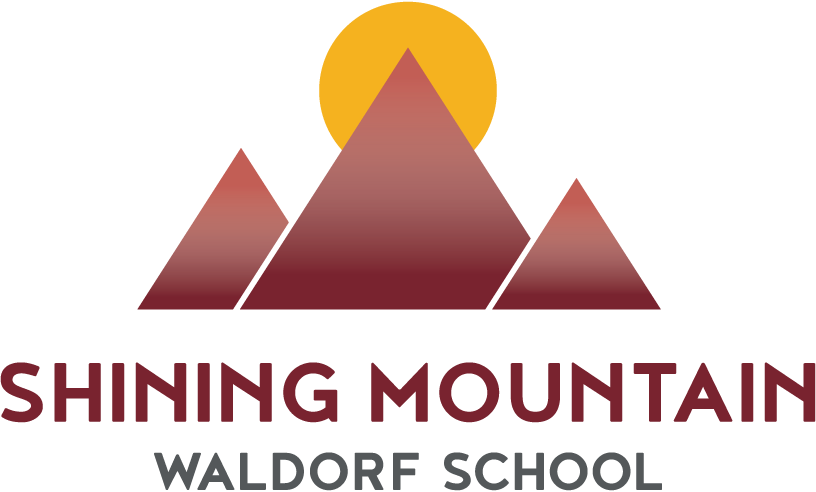Grade 3
The Third Grade Curriculum awakens the students to their surroundings and environment by presenting them with a rich array of farm activities and practical arts. The children sow, harvest, can, cook, bake and dry the bounty of garden and field. The Third Graders keep chickens on campus and make trips to farms that keep animals. The students learn many of the basic skills of farming, working with textiles, cooking, basketry and house-building through story, writing, drawing and a wide range of activities which include tending the school garden and carrying out an age-appropriate building project.
The Third Graders study the development of the Hebrew culture as reflected in ancient stories, which outlines many of the challenges and dilemmas one faces in developing healthy relationships toward the world and humanity. Through learning of the practical earthly experiences and divine lessons found in holy texts, students become citizens of the earth. Hebrew stories introduce students to skills that are the foundations of any civilization. (i.e., farming, animal husbandry, food preparation and preservation) They also introduce students to challenges that earthly life presents, raising questions that are fundamental to understanding the interdependence of individual freedom and social responsibility in a healthy society.
Third grade students experience what Waldorf educators refer to as the “nine-year-old change.” Many experience for the first time that they belong to something greater than their birth family. The story curriculum introduces students, at this time, to the family of human civilization. They often experience alienation, loss, and a sense of being cast adrift. This significant transition in their consciousness is supported through hearing stories of the expulsion from Paradise as well as the wanderings of the Hebrew people after their flight from slavery in Egypt. It is important to conclude the school year with the people of Israel finding a new homeland, establishing farms and an independent cultural life. These stories can be very healing for the troubling and sometimes turbulent feelings many children go through.
In Language Arts, literacy is supported through bi-weekly reading groups and continued lessons on phonics. The students are introduced to cursive writing as an extension of their form drawing lessons and there is an increase the amount of writing. Most of the writing is guided, following the formed sentences of the teacher. Independent writing is introduced as the children begin learning the rules of grammar.
The Science Curriculum introduces students to the life cycles of the farm, which revolve around the cycle of the seasons and the rhythms of nature. At this age, they leave behind the timelessness of childhood and are schooled in the world of time and measurement.
Math instruction strengthens the rhythmical memory of the times tables. In addition, the students are introduced to borrowing in subtraction, double-digit multiplication, and long division.
In the Music Curriculum, new skills for the year include introduction of the C-recorder and introduction to a string instrument. These new instruments require daily practice. Towards the middle of the year, note reading is introduced. The singing of rounds is brought as a means of supporting social harmony and developing an ear for listening to others.
The students continue to learn German, Spanish, Handwork, Form Drawing, Games, Pentatonic Flute, and Eurythmy.
